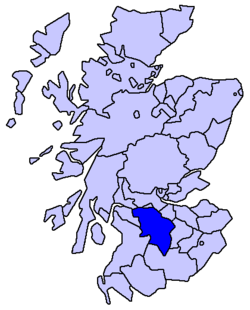Design Thinking
A good place to look for further information on this is the SIE website, details of which can be found here:
SIE Website
The Innovation Process has a few steps these are;
- Hunch
- Stronger
- Observant
- watch someone do a task
- immerse yourself in a task
- 1-1 meetings or group forums
- record facts and don't interpret them at the same time
- Insight
- you can start to interpret the facts you recorded
- understand the pain and pressure points
- Opportunities
- Here you are starting to create ideas
- Consider how might we or how might I?
- Customer Empathy
- Who are you designing for?
- Your idea needs to have impact and value
- Idea
- Develop ideas from your insights and opportunity spaces
- The quantity of ideas is important
- Some ideas will be spaced out, other blue sky and others grounded
- Spaced out, unachievable for the moment, illegal or cost prohibitive
- Blue sky- could really make a difference and change behaviour
- Grounded- safe, incremental changes, could already exist
- Develop a couple of viable options
- Communicating your idea is important remember the problem, the solution, the benefit, viability and the feasibility











































